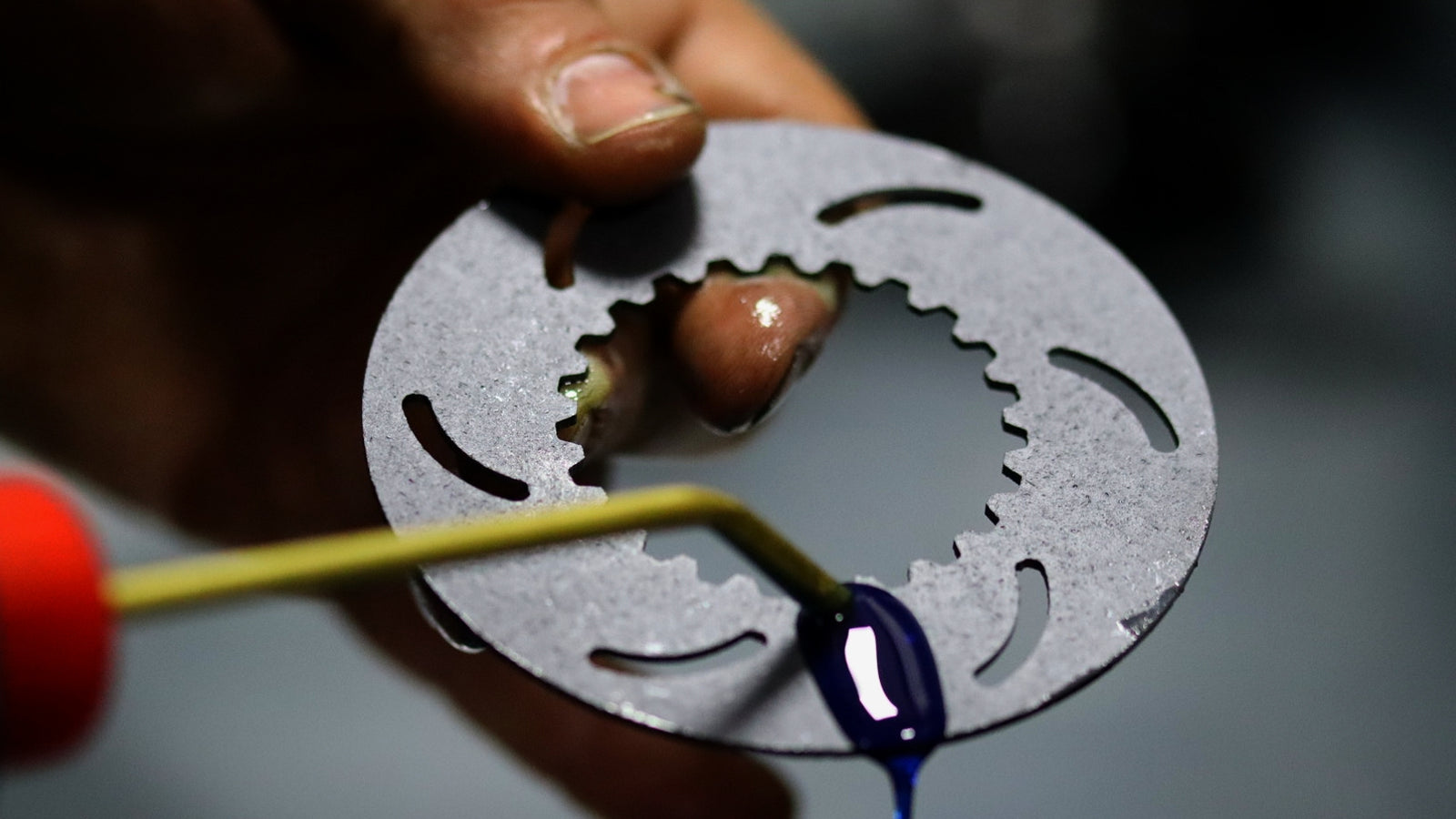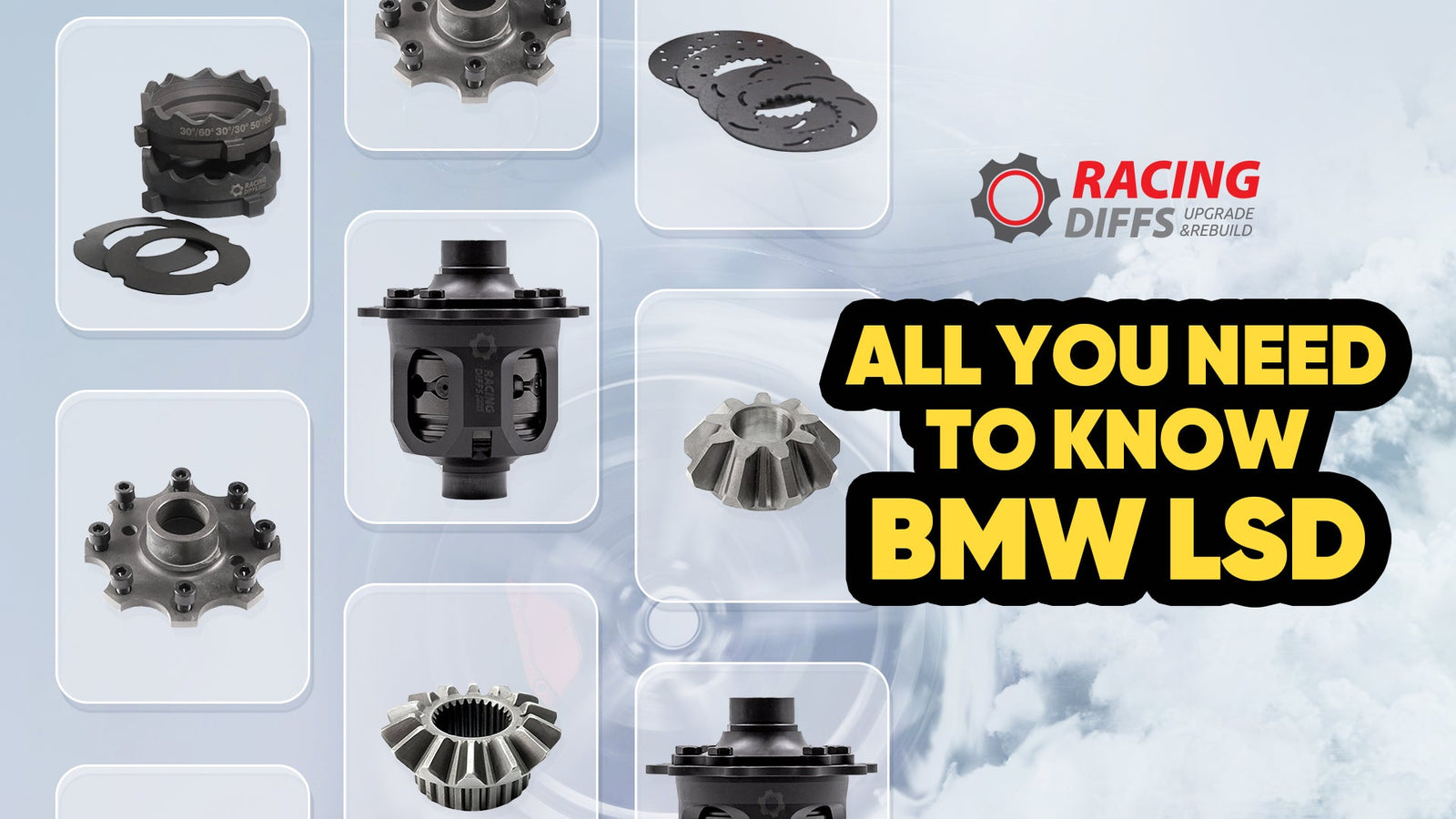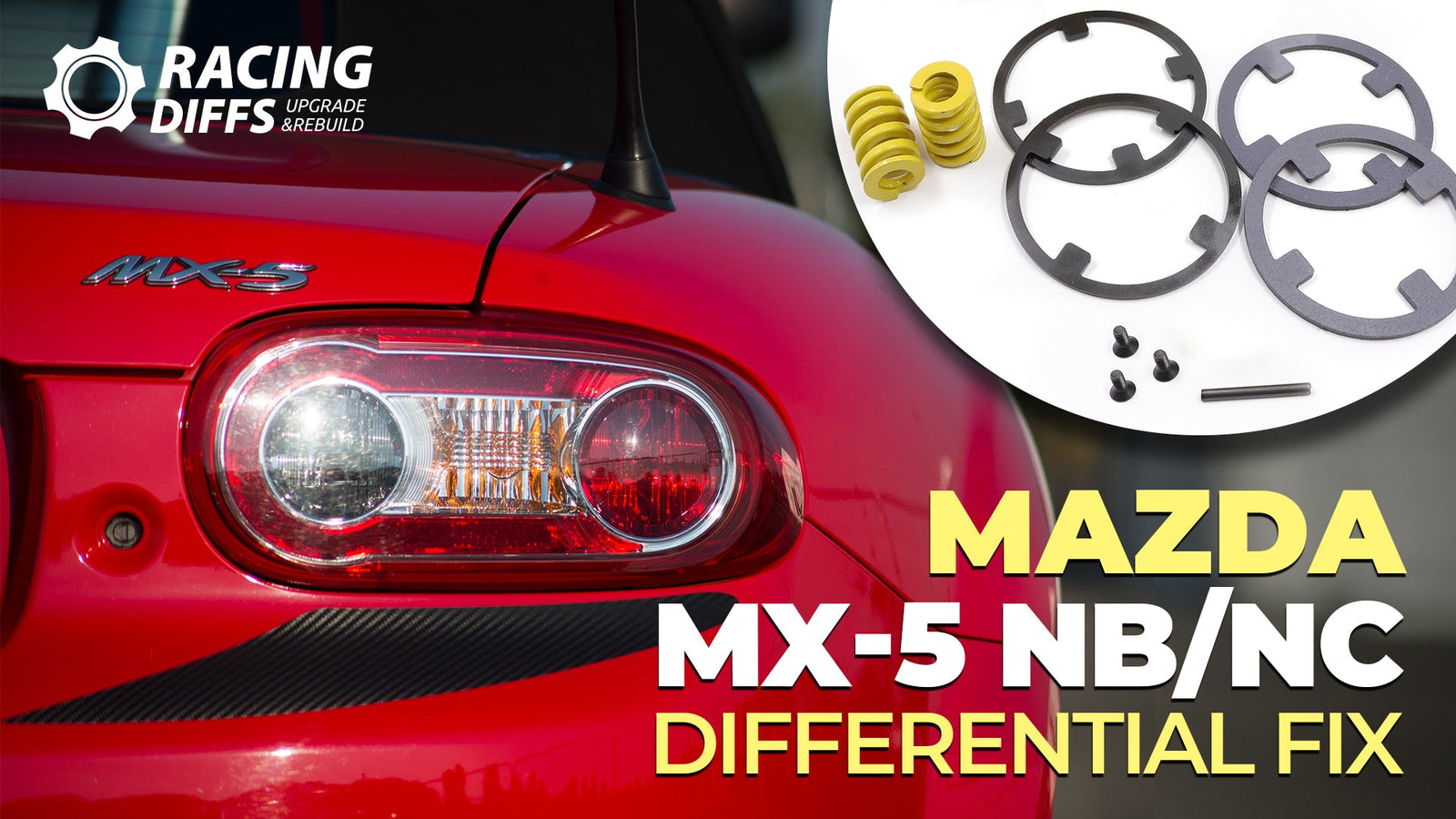Apparel
Accessories
Check out our full lineup of yoga accessories to help you with your daily meditation practice and fitness goals...
Try our new Cork Yoga Brick for soft but solid support
Check out our full lineup of yoga accessories to help you with your daily meditation practice and fitness goals...
Shop
Mega menu
tetasidjaslkihsdlkjfhsdf gjkhsdfgjklsdhfgjkl shdfgjklhsdfgjkl hsdfjklg hsdfkjlg hsdfjklg hsdfjkl ghsdfjkl ghsdfjklgh
Mega menu

Time to get excited about our new collection for Men!
tetasidjaslkihsdlkjfhsdf gjkhsdfgjklsdhfgjkl shdfgjklhsdfgjkl hsdfjklg hsdfkjlg hsdfjklg hsdfjkl ghsdfjkl ghsdfjklgh
Limited Slip Differential: The Superior Alternative to Welded Differentials
March 22, 2023 3 min read

When it comes to performance driving, choosing the right differential can make a significant difference in your car's handling and overall performance. With various options available, it's essential to understand the differences between them. In this blog post, we'll explore the welded differential meaning and its alternative, the Limited Slip Differential (LSD). We'll discuss the advantages of LSD and explain why it's the superior choice in any situation and purpose.
Welded Differential: The Cons and Problems
Welded differentials are a popular low-cost solution for those seeking to enhance traction compared to an open differential. However, there are several drawbacks to using a welded diff, making it a less than ideal choice for most drivers.
1. Welded Diff Autocross: Welded differentials often lead to understeer when turning, which can be a significant disadvantage during autocross events. The unpredictable handling can make it challenging to navigate tight courses effectively, especially in wet conditions where traction is already limited.
2. Welded Diff Daily Driving: For those considering a welded differential for daily driving, the drawbacks are even more apparent. Welded diffs frequently cause clunking noises and turning issues, making them unsuitable for everyday use. The welded diff noise and turning problems can be particularly troublesome in the rain, where maintaining control is crucial. Not to mention risk on the highway.
3. Welded Diff Reliability and Broken Axles: Welding a differential can lead to broken axles due to the increased stress on the drivetrain components. Welded differential reliability is a common concern for drivers, as the risk of component failure is higher.
4. Welded Diff Tire Wear and Wheel Hop: The nature of a welded differential can cause uneven tire wear and wheel hop, leading to decreased performance and potentially costly tire replacements.
Limited Slip Differential: The Superior Choice
Now that we've covered some of the cons and problems associated with welded differentials, let's explore the benefits of the Limited Slip Differential.
1. Improved Traction and Handling: LSDs provide a more sophisticated solution for managing traction and handling, ensuring that both wheels receive an optimal amount of power. This translates to better performance in a variety of situations, including high-speed cornering and daily driving.
2. Autocross Performance: LSDs are well-suited for autocross events, as they offer a more predictable and controllable driving experience compared to welded differentials. The superior handling and power delivery provided by an LSD allow drivers to navigate tight courses more effectively, especially in challenging conditions.
3. High-Speed Performance: Limited Slip Differentials are also an excellent choice for high-speed driving. The enhanced traction and handling capabilities ensure that drivers can maintain control during high-speed cornering and maneuvering, delivering a more enjoyable and safer driving experience than what a welded differential can offer.
4. Enhanced Reliability: Limited slip differentials are designed to handle the stresses of performance driving, reducing the risk of broken axles and other component failures.
5. Reduced Tire Wear and Wheel Hop: LSDs help minimize tire wear and wheel hop by managing power delivery more effectively, ensuring a smoother and more controlled driving experience.
Conclusion
In conclusion, Limited Slip Differentials offer a far superior alternative to welded differentials, providing enhanced traction, handling, and reliability in any situation and purpose. Whether you're a casual driver or a dedicated motorsport enthusiast, upgrading to an LSD can significantly improve your car's performance and overall driving experience. So, say goodbye to the welded differential cons and problems, and make the switch to a Limited Slip Differential today.
Also in News

Think Welded Diff Is Enough for Drifting? Think Again. Here’s the Truth.
December 15, 2025 4 min read
Read More
BMW Limited-Slip Differentials: How They Work, When to Rebuild, and Smart Upgrades (E46 M3, E92 M3, E60 M5/M6, F87/F80/F82)
September 06, 2025 6 min read
Read More
Mazda MX5 NB/NC and the Fuji Limited Slip Differential – Understanding the Heart of Handling
August 21, 2025 4 min read
Read More


